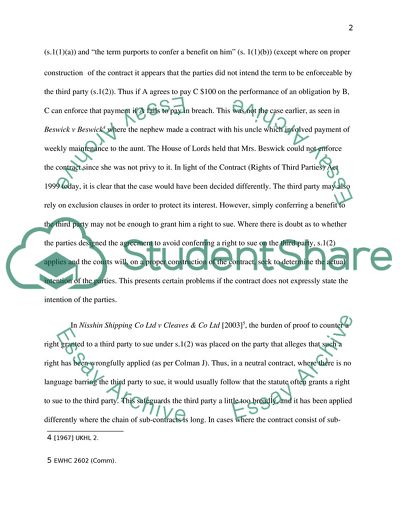Cite this document
(Importance and Effects of Privity of Contract Case Study - 2, n.d.)
Importance and Effects of Privity of Contract Case Study - 2. Retrieved from https://studentshare.org/law/1752413-contract-law
Importance and Effects of Privity of Contract Case Study - 2. Retrieved from https://studentshare.org/law/1752413-contract-law
(Importance and Effects of Privity of Contract Case Study - 2)
Importance and Effects of Privity of Contract Case Study - 2. https://studentshare.org/law/1752413-contract-law.
Importance and Effects of Privity of Contract Case Study - 2. https://studentshare.org/law/1752413-contract-law.
“Importance and Effects of Privity of Contract Case Study - 2”. https://studentshare.org/law/1752413-contract-law.


